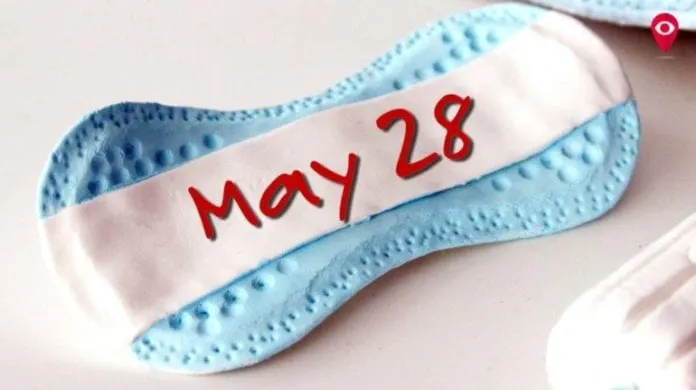The world is celebrating Menstrual Hygiene day today. At this time in India half of the country is in reproductive age and thus they must understand the importance of safe and clean menstrual cycle. Menstrual hygiene is of topmost priority for women not only in urban but also in rural areas as well.
At least 500 million women and girls globally lack adequate facilities for menstrual hygiene management (MHM). Learn how the @WorldBank integrates #MHM into water & sanitation projects around the world: https://t.co/zwvHmLNMuY #ItsTimeForAction #MHDay2019 pic.twitter.com/9SZ311NEE6
— World Bank (@WorldBank) May 28, 2019
Menstrual hygiene is of topmost priority for a number of developing nations and thus there are a number of awareness drives that are focused on the same.
Today we are talking with experts about what is true and false when it comes to #Menstruation 🙆♀️
Celebrate #MHDay2019 with @GirlsGlobe live on Facebook!
👉 Subscribe here https://t.co/4ImzvSFQK8 👈#ItsTimeForAction #LetsTalkMenstruation #MenstruationMyths pic.twitter.com/R5oaJBSFRy— Girls’ Globe (@GirlsGlobe) May 28, 2019
A German-based non-profit organization WASH United pledges German-based should be held back because of her periods. Every women or girl deserves the right to privacy and safety during their menstrual days and thus the same should be passed on to the ladies as well.
Recommended Read:
World Bank also said that men are also equally responsible to break the cultural stigma. For millions of girls all around the world, the period is equal to stigma for them. One of the most difficult days in their life is the day when they get their periods. It is not only socially but physically and nutrition wise also difficult for them.
“Because of the preparedness in school, I didnt have to leave & go home when I got my first period”- Girl attending a residential school in Odisha. @UNFPA provided technical assistance to Odisha in developing programmes related to menstrual health. #MenstrualHygieneDay pic.twitter.com/Pd8KI2RT7L
— UNFPA India (@UNFPAIndia) May 28, 2019
Lack of scientific knowledge, improper nutritional intake, poor accessibility, poor affordability are some of the major factors which makes the time of period much more difficult.
As per the National Family health survey, only 48.5% of women use sanitary napkins in rural areas opposed to 77.5% of women in urban areas. But approximately 23.5% of Indian girls are drop out of schools as soon as they hit their puberty.
Make an impact with #ROK on International Menstrual Hygiene Day!
How to do it:
1. Join us for our school visit around the county on that day
2. Educate a community member around your area or place of work on menstrual hygiene pic.twitter.com/NytjB8cKzW— Raise Officials Kenya (@RaiseOfficials) May 22, 2019
Most girls miss school due to pain, fear and other cultural and social barriers. Lack of proper sanitation measures and proper blood absorbents they prefer staying inside their home only. One of the Delhi based NGO conducted a survey in which it was found that 70% of the girls have no knowledge about menstrual hygiene practices.
Thus, on this day we wish and pledge that we will ensure all in our capacity to safeguard women’s menstrual rights so that she could lead a happy and blissful reproductive life.

